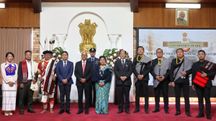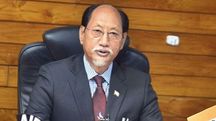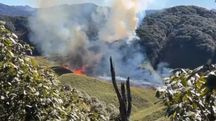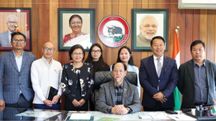Article 371A will not be touched for ENPO demand: Nagaland government
The Nagaland government has confirmed that Article 371A of the Constitution, which grants special status to the state, will not be amended to accommodate the Eastern Nagaland People’s Organisation (ENPO) demand for a separate administrative arrangement.
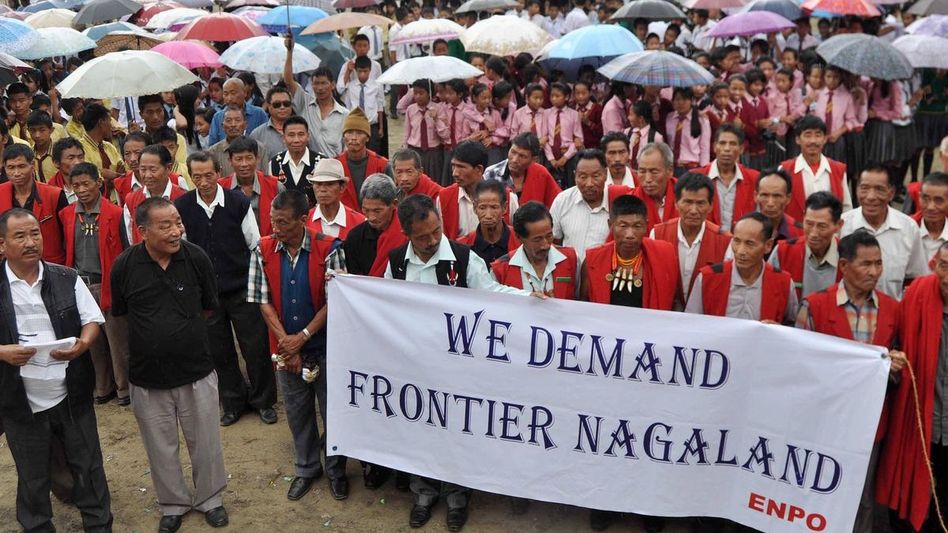
The Nagaland government has confirmed that Article 371A of the Constitution, which grants special status to the state, will not be amended to accommodate the Eastern Nagaland People’s Organisation (ENPO) demand for a separate administrative arrangement.
Talks between the Centre and the ENPO are ongoing, with a subcommittee now constituted to address unresolved issues, a senior state minister said on Thursday.
The ENPO has long demanded a separate state comprising six districts of Eastern Nagaland. The organisation, however, has “temporarily accepted” the Centre’s proposal for a mechanism granting the region a degree of autonomy under the proposed Frontier Nagaland Territory Authority (FNTA).
Speaking after a Cabinet meeting, government spokesperson and senior minister KG Kenye said the Centre has held multiple rounds of discussions with the ENPO, the latest reportedly in Dimapur in early September. He noted that the state government had already submitted its recommendations on various points raised by the ENPO.
Also Read: Nagaland government reconstitutes panel to review reservation policy
“On many points, we have agreed, but certain areas required reconsideration,” Kenye said. To address these, the Department of Personnel and Administrative Reforms (DPAR) has formed a subcommittee in coordination with ENPO officials. “This is a new development, and we hope it will address the core issues that have been holding back further progress,” he added.
While specifics were not disclosed, Kenye indicated that discussions are focused on administrative arrangements in the event of the FNTA Executive Council’s dissolution, as well as funding patterns and cadre appointments within the proposed framework. He described these as “relatively minor issues” that should be resolved with further deliberation.
On proposals for a separate constitutional provision under Article 371A for the FNTA, Kenye clarified that the matter was discussed in detail during the Cabinet meeting. A team led by Chief Minister Neiphiu Rio, which had visited New Delhi earlier, received confirmation from the Centre that no amendment to Article 371A will be made. Instead, changes may be introduced through a separate chapter, possibly via an ordinance or a State Act, to address matters outside the scope of Article 371A.
Expressing optimism, Kenye said both the State and Central Governments are committed to resolving the issue expeditiously. “Everything is moving smoothly, and we hope the Centre will be sincere and expedite the process,” he stated.
The ENPO, representing eight tribes across six districts—Mon, Tuensang, Longleng, Kiphire, Noklak, and Shamator—has been demanding separate statehood since 2010, citing decades of neglect in governance and development since Nagaland’s formation in 1963.
Copyright©2026 Living Media India Limited. For reprint rights: Syndications Today

